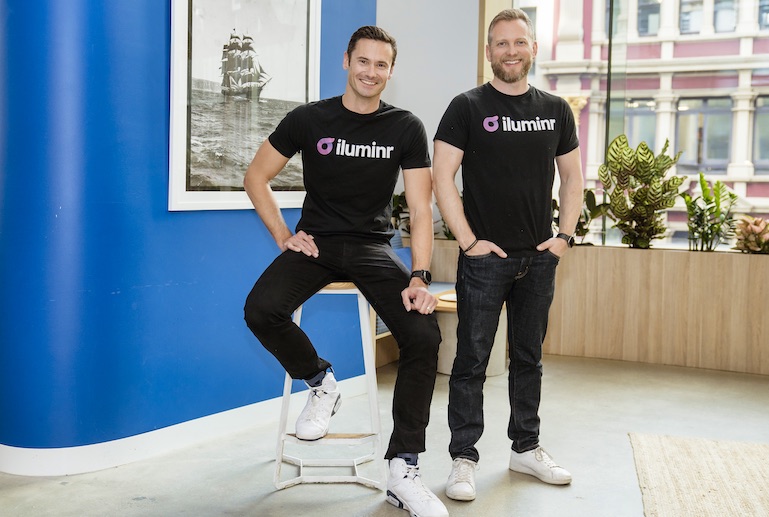Crisis response startup Iluminr has raised $4.2 million in a raise led by the VC arm of global insurer QBE.
It’s the first time QBE Ventures has backed an early-stage Australian tech firm. Also supporting the raise were local VCs Investible, Flying Fox and Jelix Ventures, as well as US-based Rebellion Ventures.
The cash is earmarked for US market expansion, doubling the team, product expansion and to open new distribution and sales channels.
CEO and cofounder Joshua Shields said resilience technology is the next frontier in managing risk; be it cyber, natural catastrophes, supply chain disruptions or a pandemic.
“A critical success factor in the raise was that we had a strong strategic alignment with QBE Ventures who were able to take a global view of our opportunity and bring to the table an extensive network of customers and partners,” he said.
Shields cofounded Iluminr with Chief Growth Officer and co-founder Marcus Vaughan in 2019 as Catalyst Technologies. The SaaS platform helps organisations identify and manage crises and mission-critical threats using cloud-based simulation, compliance, and response tools.
The short training courses enlist gamification, automation, and data insights to provide 15-minute microsimulations that enable companies to build heightened resiliency against crises. It has more than 50 local customers, including Ramsay HealthCare, GPT and University of Sydney, and has secured a major US financial services customer as a beachhead into the US market.
Shields said Iluminr’s technology is a key ingredient for organisations to minimise the loss of life and estimated billions of dollars lost annually due to the impacts of these disruptions and the US is a major opportunity for the startup.
“We are bullish about the future. We believe the US offers significant upside for a business such as ours. And it’s not just the size of the market that is so appealing, it is also the fact that it is dominated by old legacy technology providers and outdated training approaches,” he said
“Our business model deliberately challenges the status quo and is attracting significant attention. We are confident our platform will help reinvent a category where the current offerings are either broken or simply not delivering value. We have an opportunity to radically improve how organisations engage staff and manage their critical response capabilities.”
His co-founder Marcus Vaughan said the world changed dramatically during the pandemic, with every crisis is different from the last, and new threats emerging daily.
“Organisations have undergone significant change and how they prepare for and respond to critical events is now vastly different to what it was say 18-24 months ago,” he said.
“Traditional training in crisis and resilience has not kept pace with today‘s demands, the changing workforce dynamics or the hybrid working environment, resulting in disengaged audiences from executive down. Combine that with growing compliance burdens and compounding threats, and organisations simply can’t keep up with the effects of disruptions and change.”




















Trending
Daily startup news and insights, delivered to your inbox.